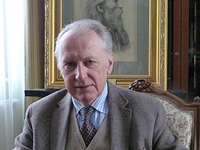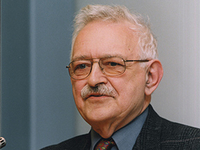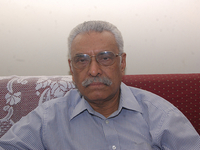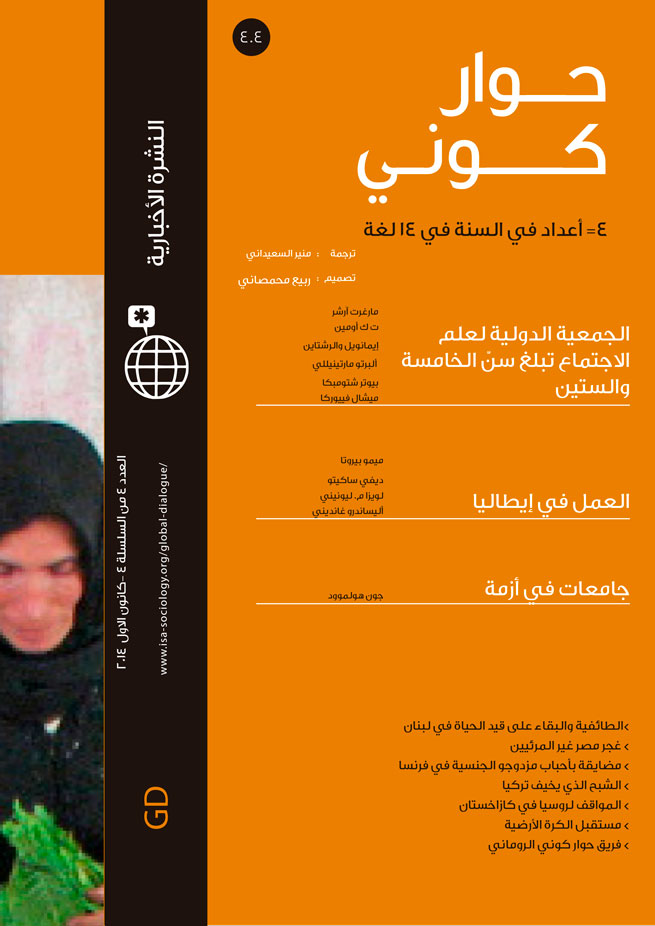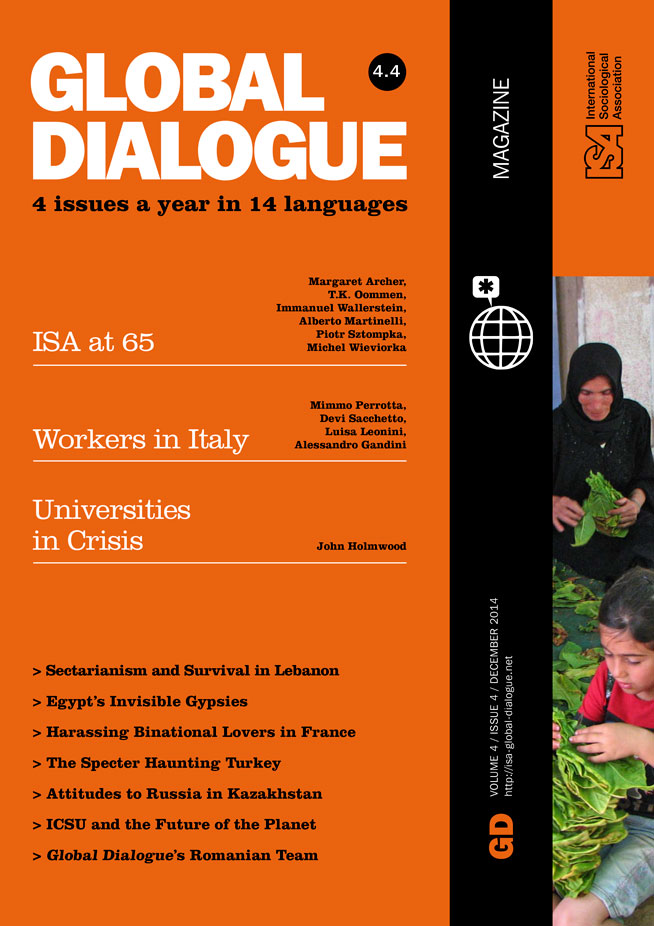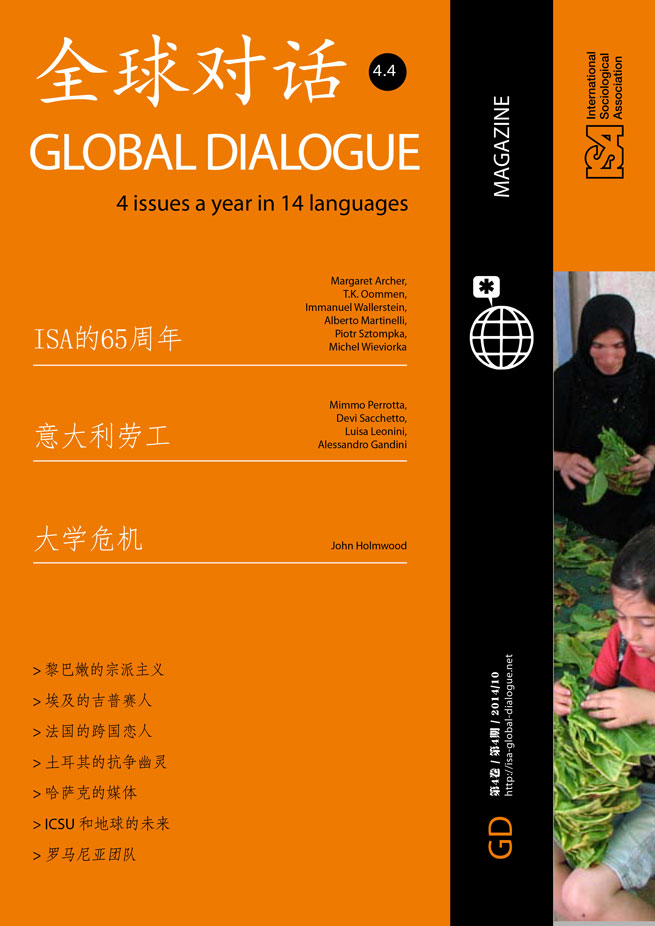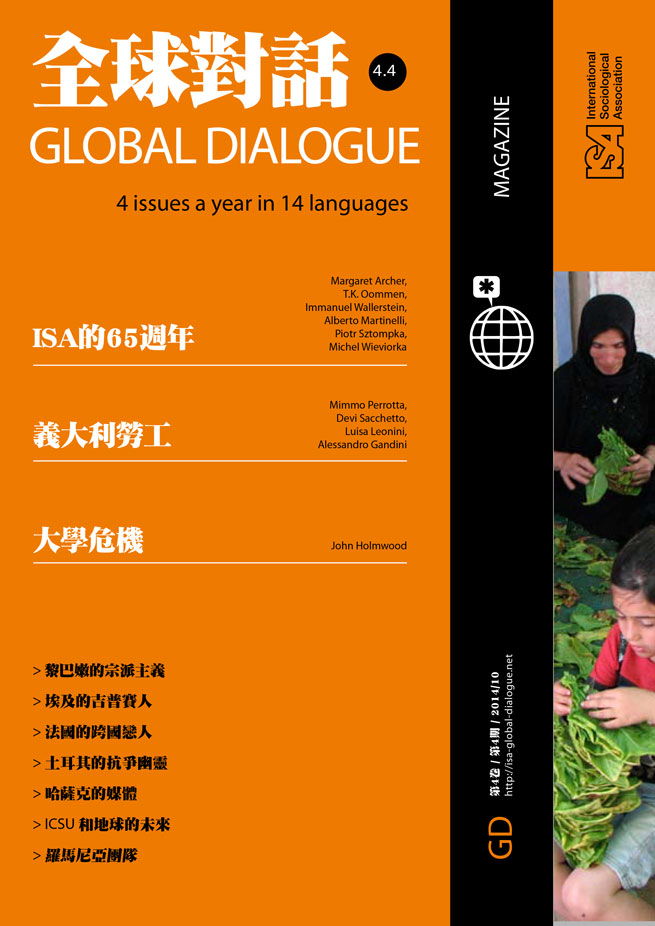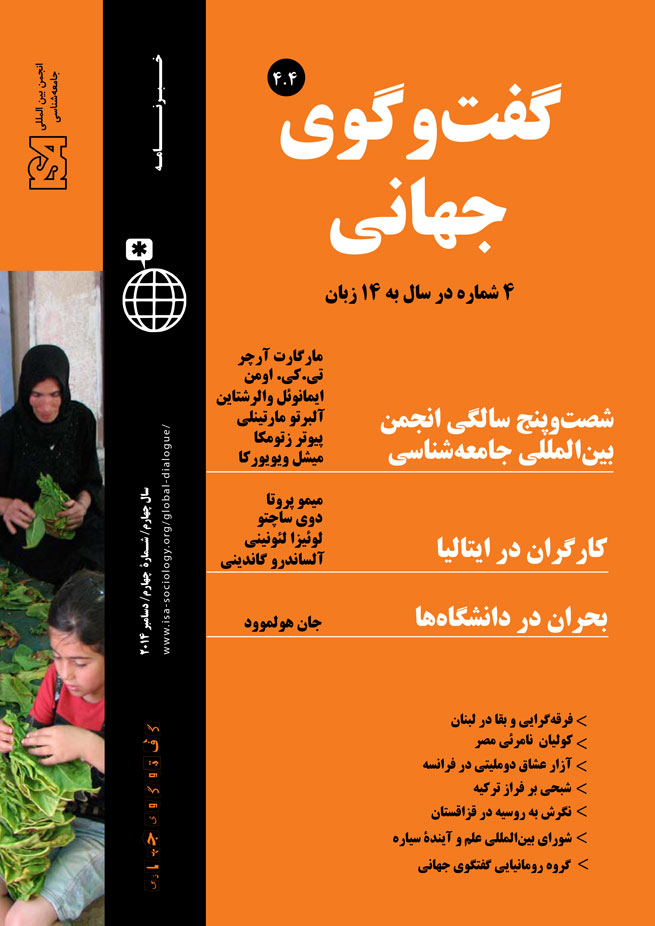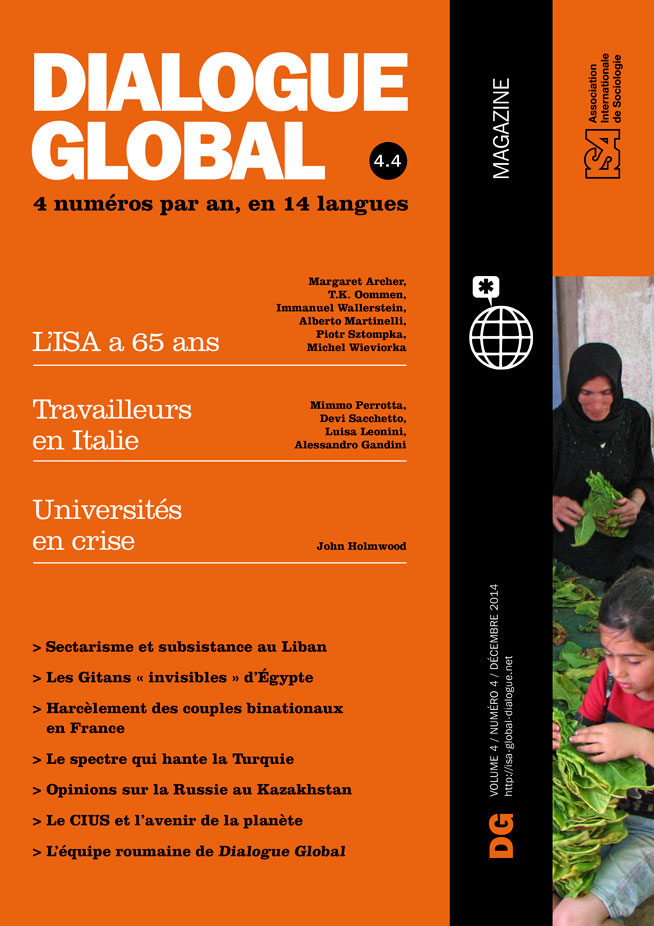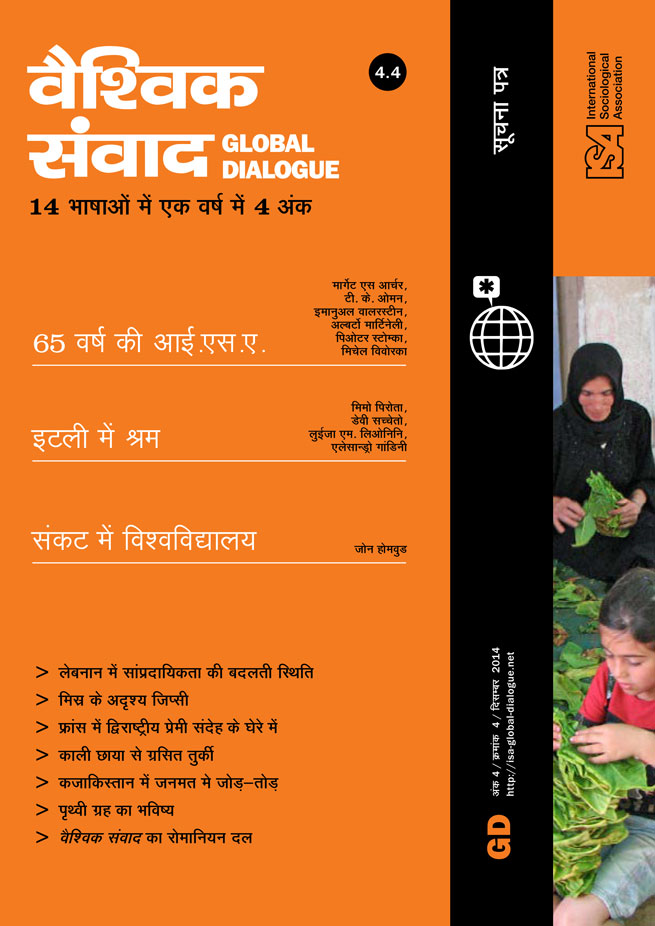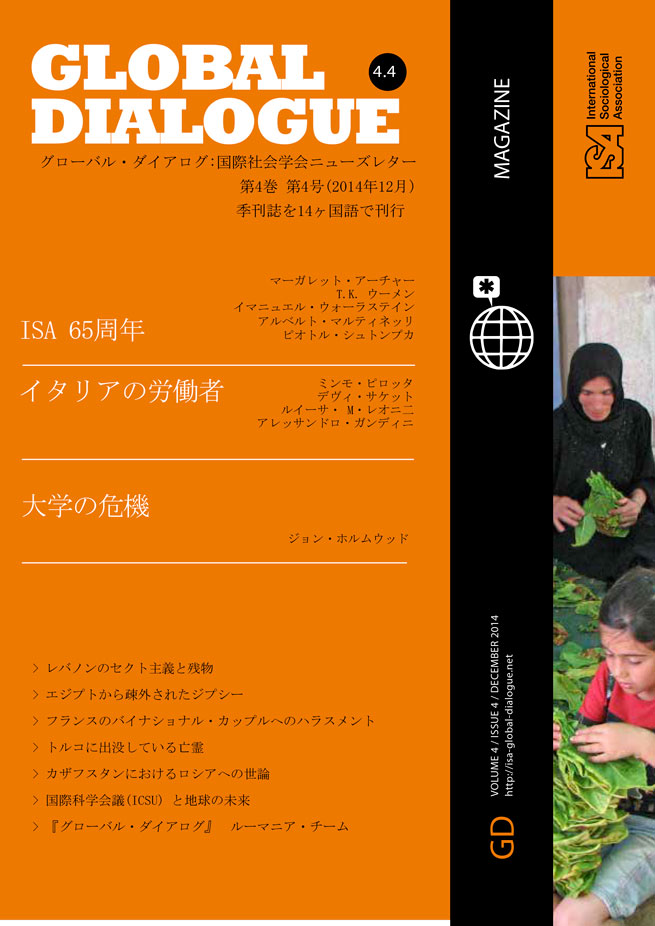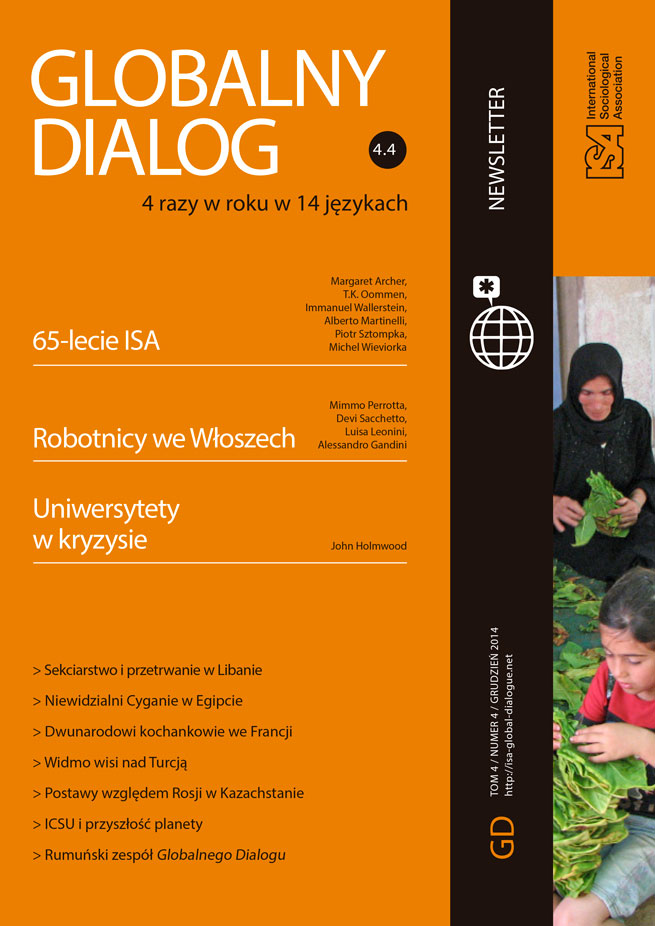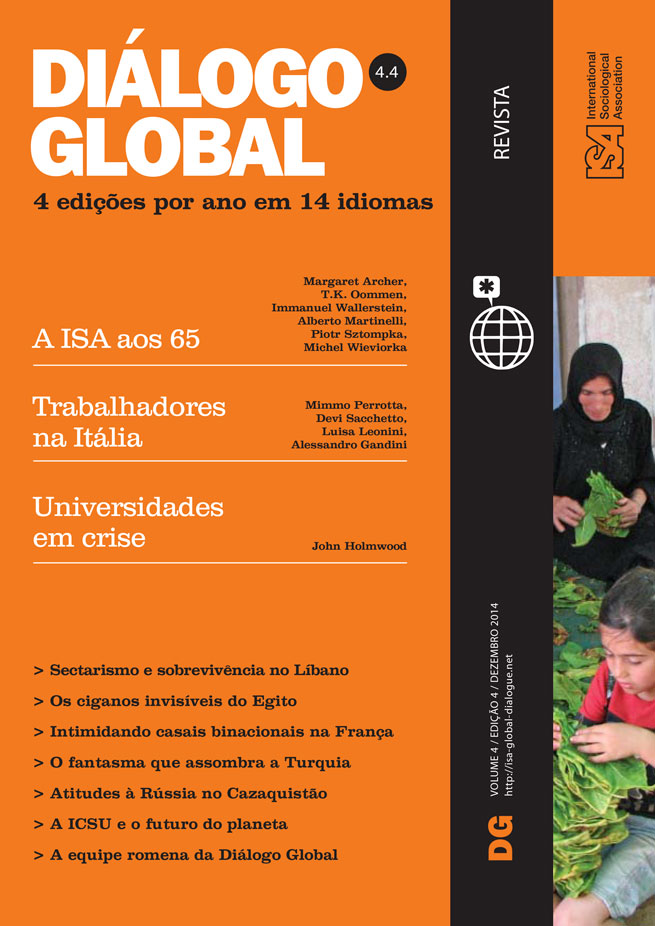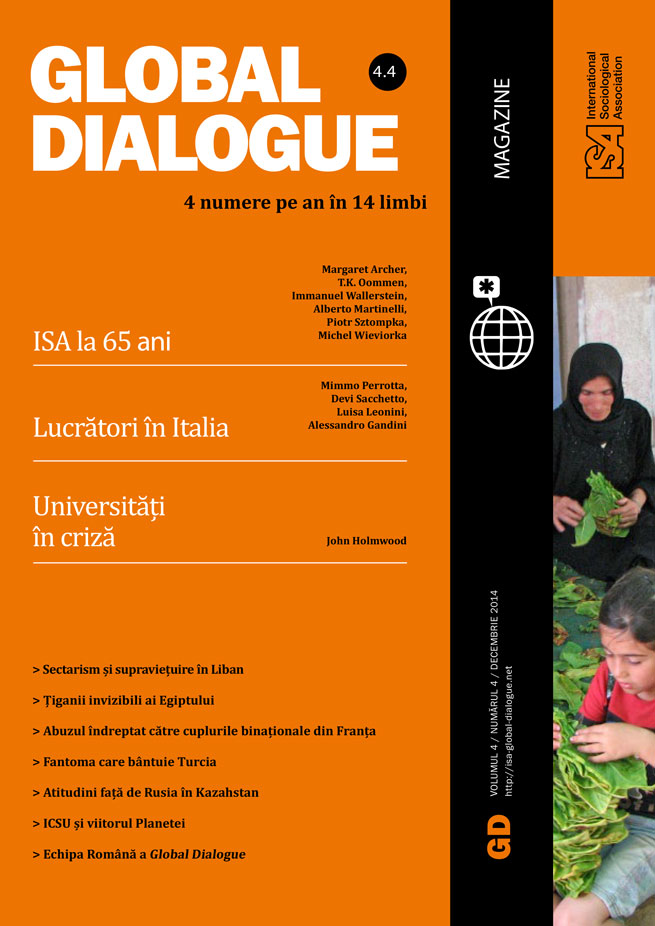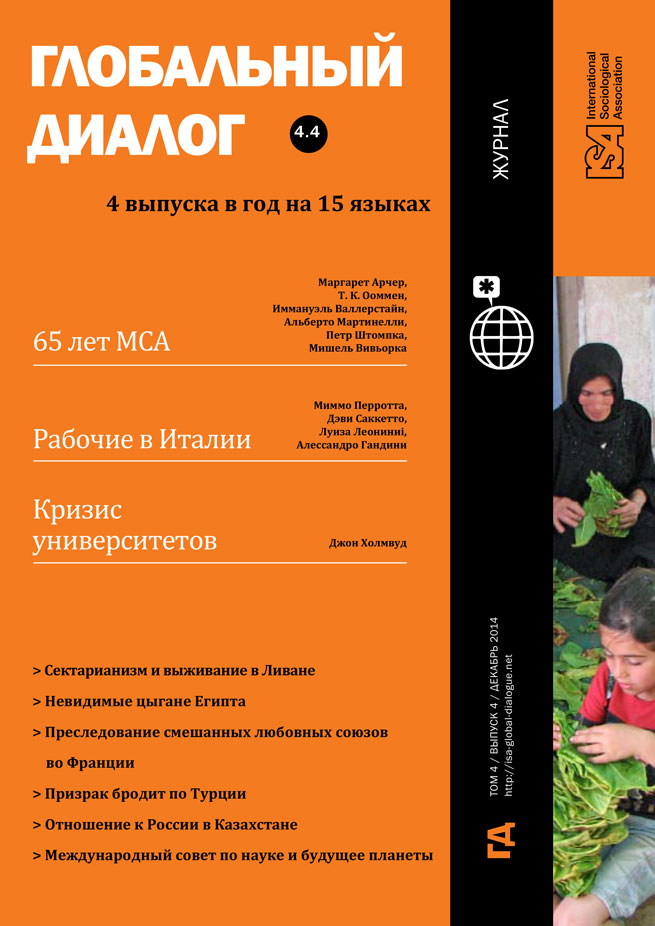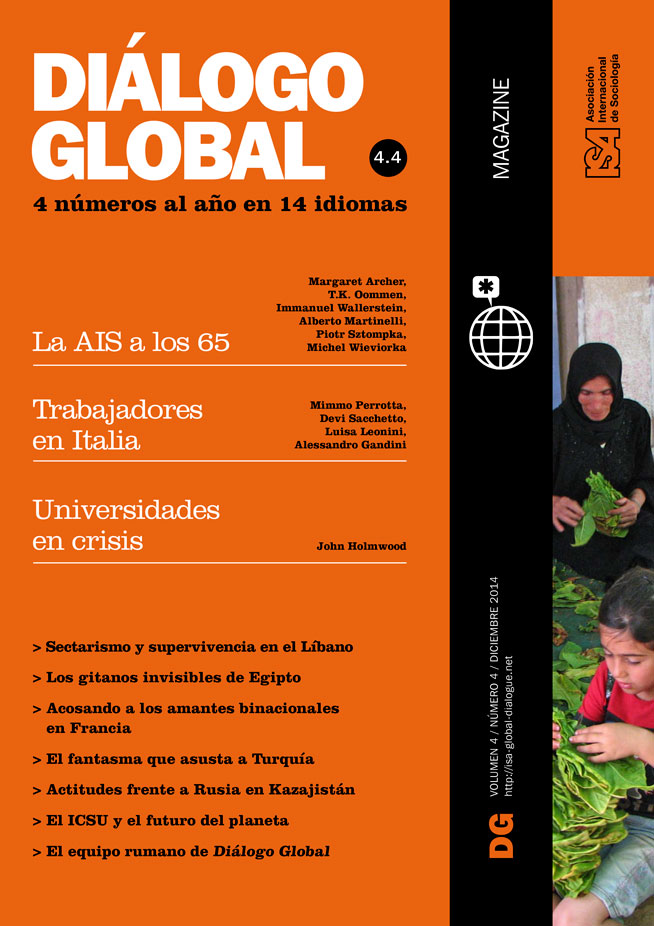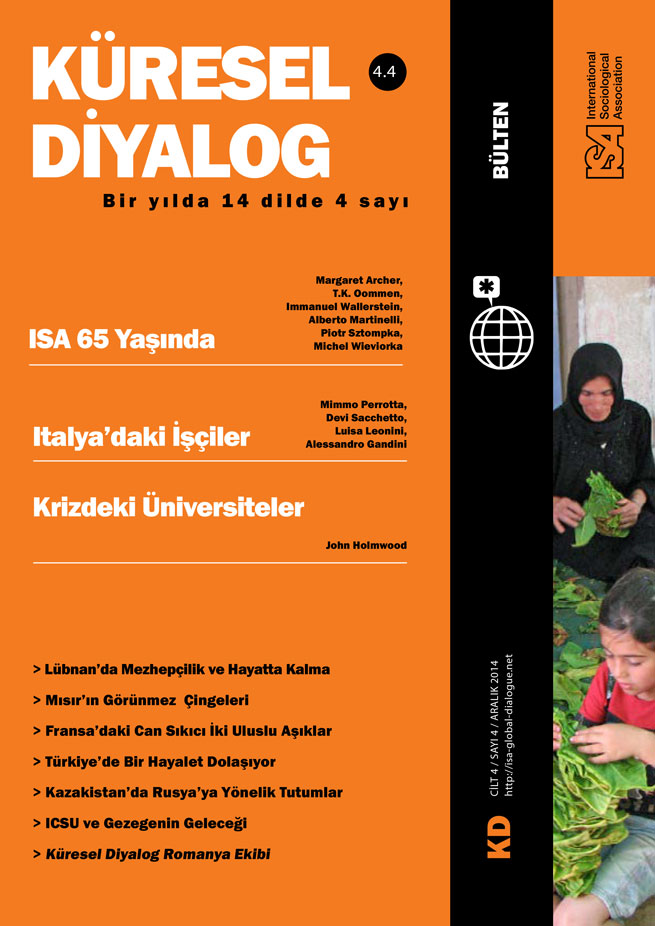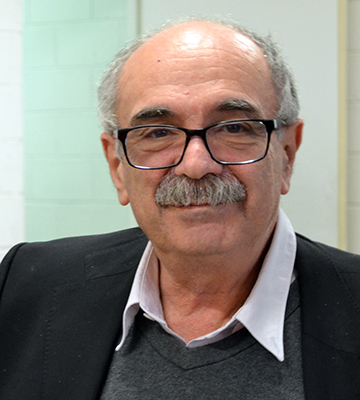I was proud and happy to be ISA President and I gained enormously from it. Four years later, I would like to first make three short points about our Association.
First, we always have known the ISA to be open to those sociologists that cannot easily join us due to political reasons, as was the case for communist countries during the Cold War, and more recently for China’s association because of diplomatic issues posed by the inclusion of Taiwan’s Association. I am happy to see real progress today, including an interesting program during our Congress on China’s Reform and Social Transformation co-organized by Chinese and Japanese sociological societies.
Second: If we sociologists recognize the importance of cultural diversity it must be alive in our midst. This is why during my mandate I always fought for multilingualism. We should be able to communicate not only in our three official languages, but also in other languages, including Japanese when we meet in Japan! In Mexico, in 1982, we had only two official languages, English and French. But a strong pressure was exerted by our colleagues and Latin-American students, and Spanish was introduced as the Association’s third official language. And here, in Yokohama, I would have liked to see a more active effort to avoid regression: our posters for this Congress are in English only. No effort or imagination have been used: for instance, subtitles on the screen during the opening sessions were only in English, why not at least in Japanese? No simultaneous translation was provided for the presidential sessions. It is expensive, of course, but economic reasons are not the kind of explanations sociologists should accept without discussion. If we live and think and read only in English, if we elect our president only from Western universities, where are we going? There is a danger of a Westernization of sociology, of ethnocentrism under Western or American hegemony. Yes, we must criticize the way universalism is often referred too, when it appears in fact as a kind of domination. We must discuss universal values, in order to re-launch them, not in order to impose a new ethno-centric Western order on the whole community of social scientists.
Third: the ISA is an institution that provides support for the production and dissemination of knowledge. Yes, we love the ISA as a scientific and intellectual space, with its Research Committees for instance, but we also need institutions to develop our individual and collective activities. Sociological research must not be subordinated to interests of any sort, be they economic, ideological or political. Research must be guided by the curiosity of the researcher; there must be an acceptance of risk; we should be encouraging cutting-edge research. I am not averse to economic spinoffs demonstrating that research can be useful; I have long practiced what Michael Burawoy calls “public sociology,” by which I mean that I am not an isolated academic in an ivory tower. But if we are to produce and disseminate knowledge responsibly, we need the freedom to be reflexive and critical – a freedom that requires institutions which ensure its conditions of existence. I would like now to propose three challenges we face as sociologists.
The Challenge of the Digital Age
We are entering a world radically transformed by the Internet, new technologies and big data. Sociology is entering a new era: our ways of thinking, our objects, our methods, our paradigms, our analytical tools are changing. This means that new possibilities exist. We will have to work differently, with other actors, including those from arts, humanities, life sciences, with new forms of cooperation. Writing and publishing are changing, with huge debates about economic models for publishing, such as those involving open access. Libraries will play an increasingly important but unfamiliar role. We will be challenged in the production of knowledge by other actors, who are able to mobilize huge intellectual, financial and practical resources. New forms of inequalities will appear, for instance between those who have access to big data, or money to use new difficult algorithms, and those who do not. During the last twenty years, we have increasingly used the word “global”; we are now entering a very different era which is global, but also digital.
Dangers of Hyper-Specialization and Disciplinarity
Worldwide, our subject is growing. Young researchers are better trained – much better, on average, than my generation. They are also more open to the world; they participate in networks, in a much fuller international life than was common 30 or 40 years ago. But they are also more specialized, often entrenched in the analysis of a restricted problem, the development of a specific approach, without participating as sociologists in general discussions, for example, on political or historical issues. This poses a challenge: how can we resist fragmentation, or hyper-specialization? How can we move from our specific domain to general concerns? This is crucial: we must combine or articulate specific interests, with general debates at the world, regional, national and local levels. To put it differently: we should be both social scientists and intellectuals. We should not accept the tendencies to hyper-specialization, which is why an association like ours, and a meeting like our Congress are so important. We form a global community despite our national and institutional affiliations or scientific orientations. True, in the past, some general debates were more ideological than scientific. But we should not let specific interests destroy participation in general exchanges.
Relatedly, while we favor multi-disciplinarity, we also know that universities and our academic systems do not help to promote it. Sociologists should be at the forefront in breaking with the isolation of disciplines, challenging disciplinary affiliations and the careers of researchers depending on them.
Facing Evil
I tend to be an optimist, trusting social movements and conflicts to produce new social relationships, or transform institutions. But in the part of the world where I live and elsewhere, I see the crisis as stronger than conflicts or social or cultural movements. What we might call anti-movements – violence, populism, nationalism, racism, xenophobia, fundamentalism or anti-Semitism – are growing; a theory of social movements should include the production and role of anti-movements. As a disciple of Alain Touraine I have always followed this line of analysis. We should consider evil to be part of our preoccupation. Yes, studying social movements and anti-movements is a priority for sociology; we must include the subjectivity of individuals as well as the logics of collective action, and consider seriously processes of subjectivation, and also of de-subjectivation.
Michel Wieviorka, Fondation Maison des Sciences de l’Homme, Paris, France and former ISA President, 2006-2010 <wiev@msh-paris.fr>
